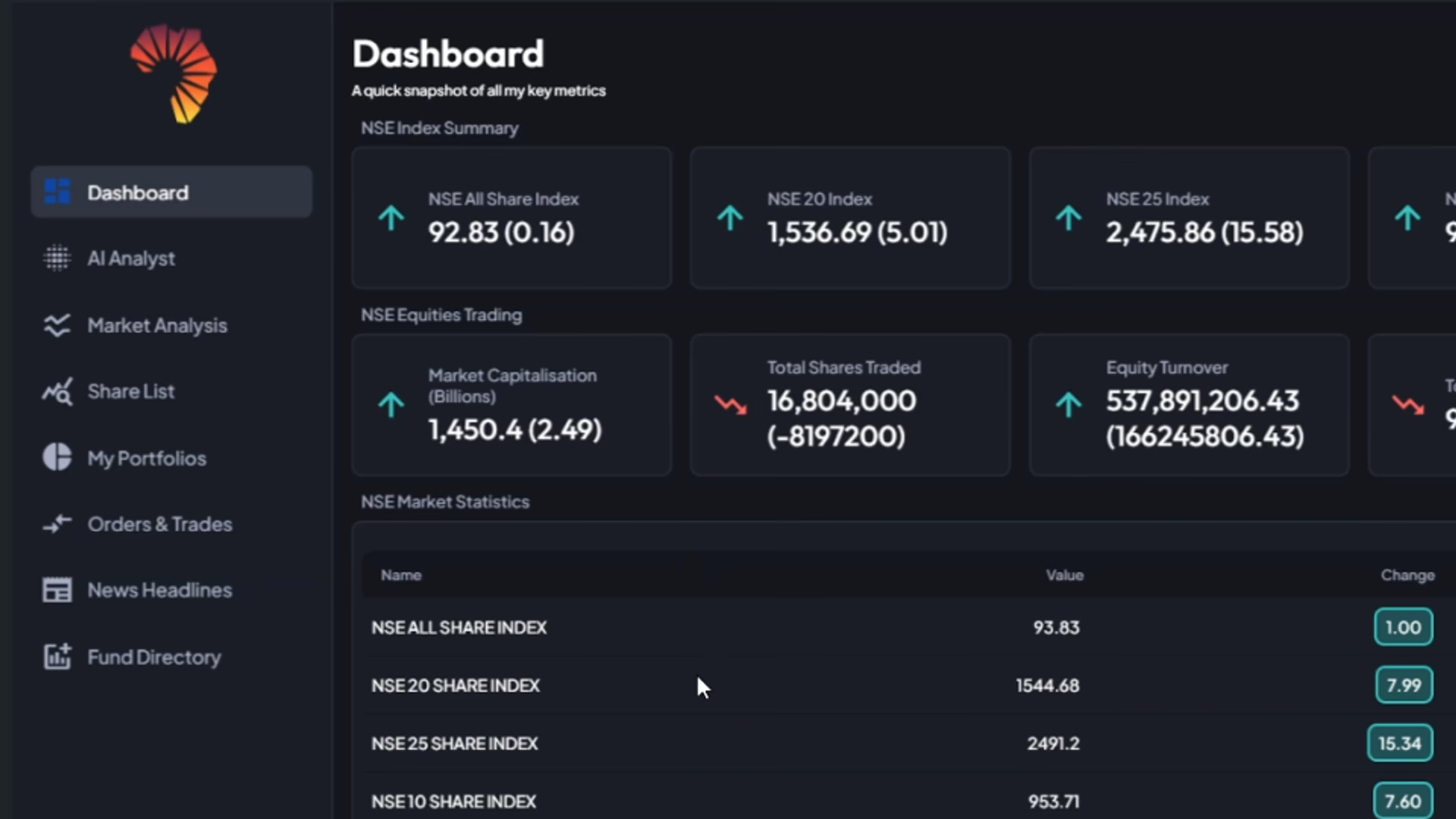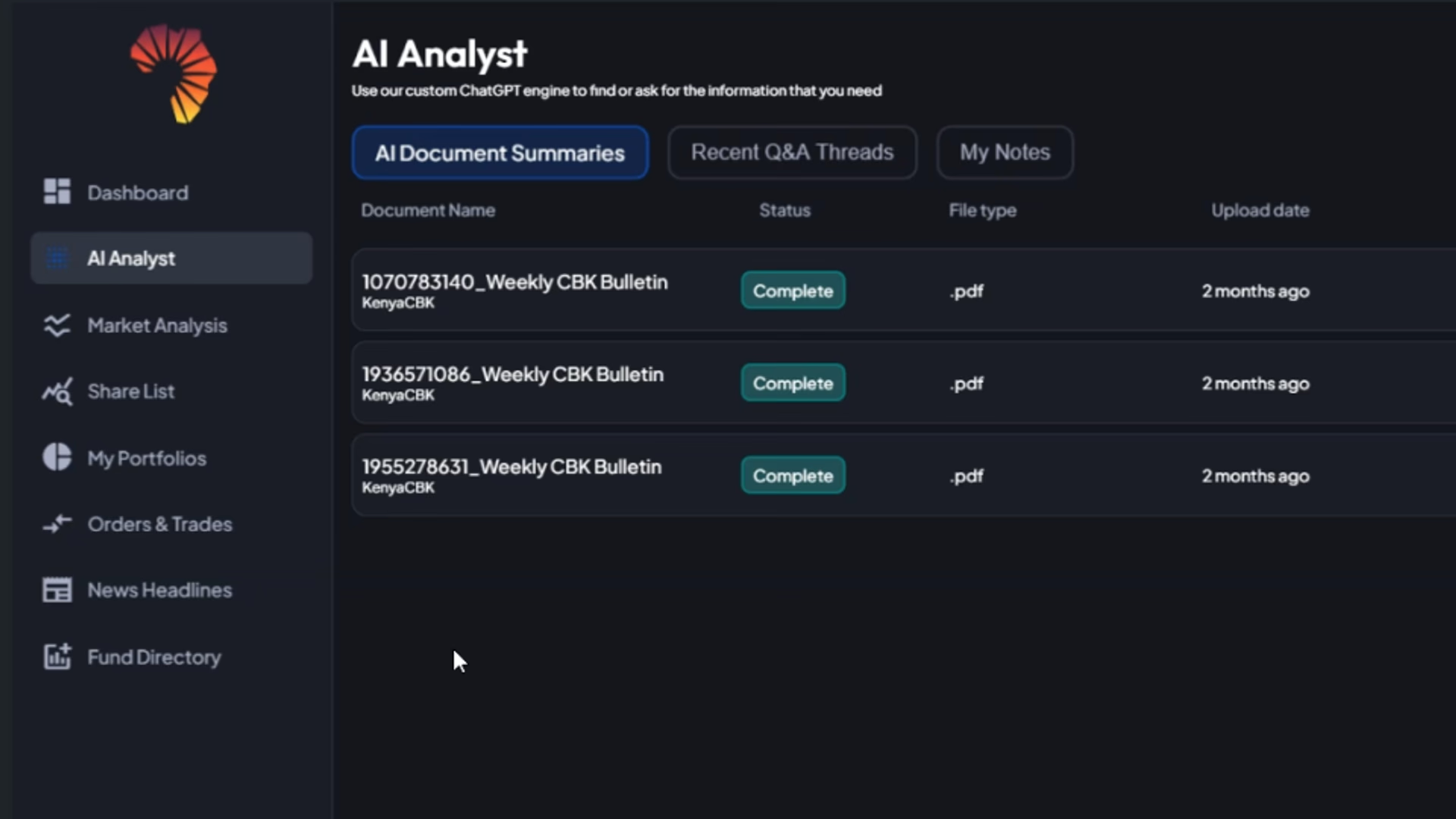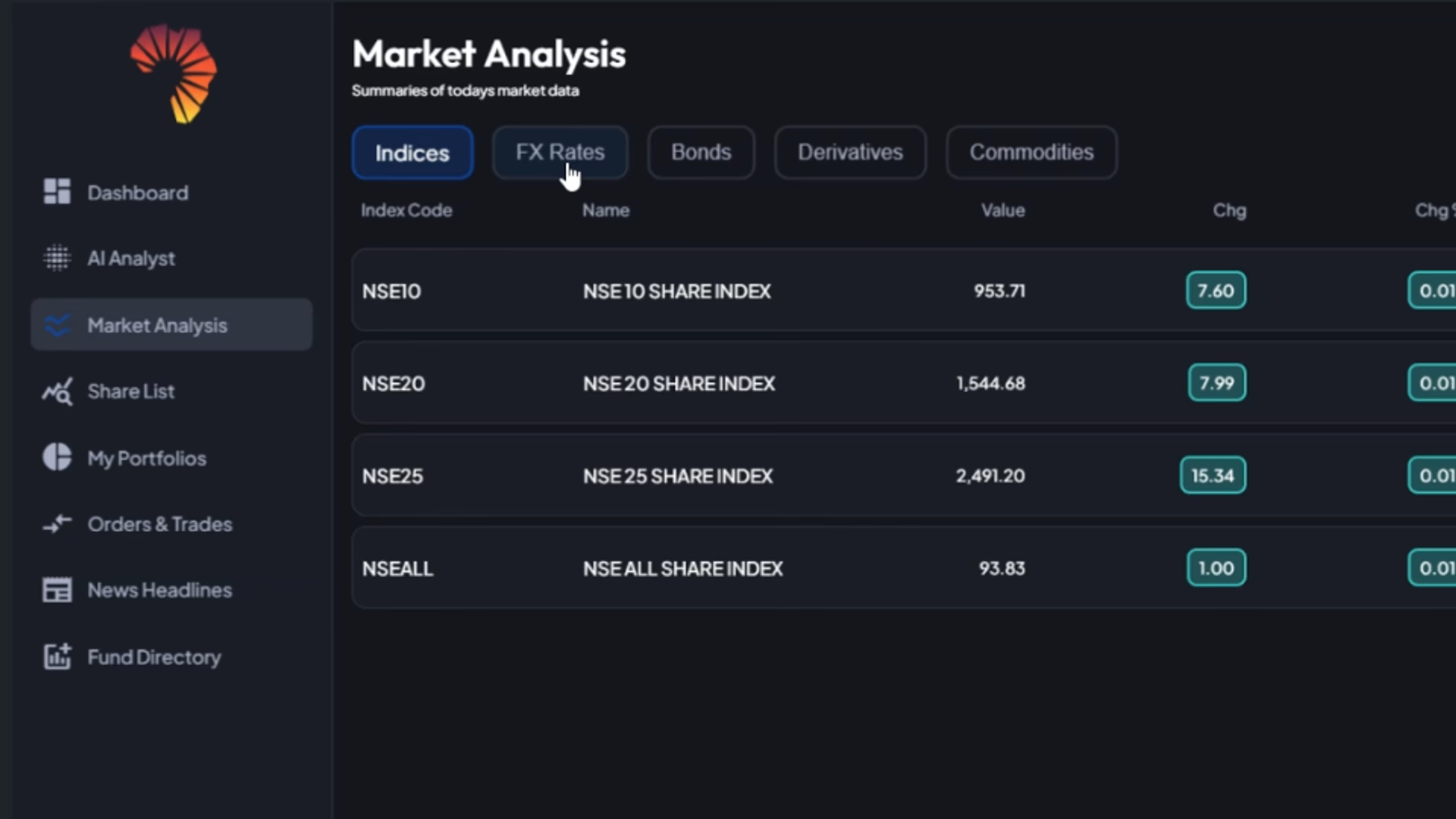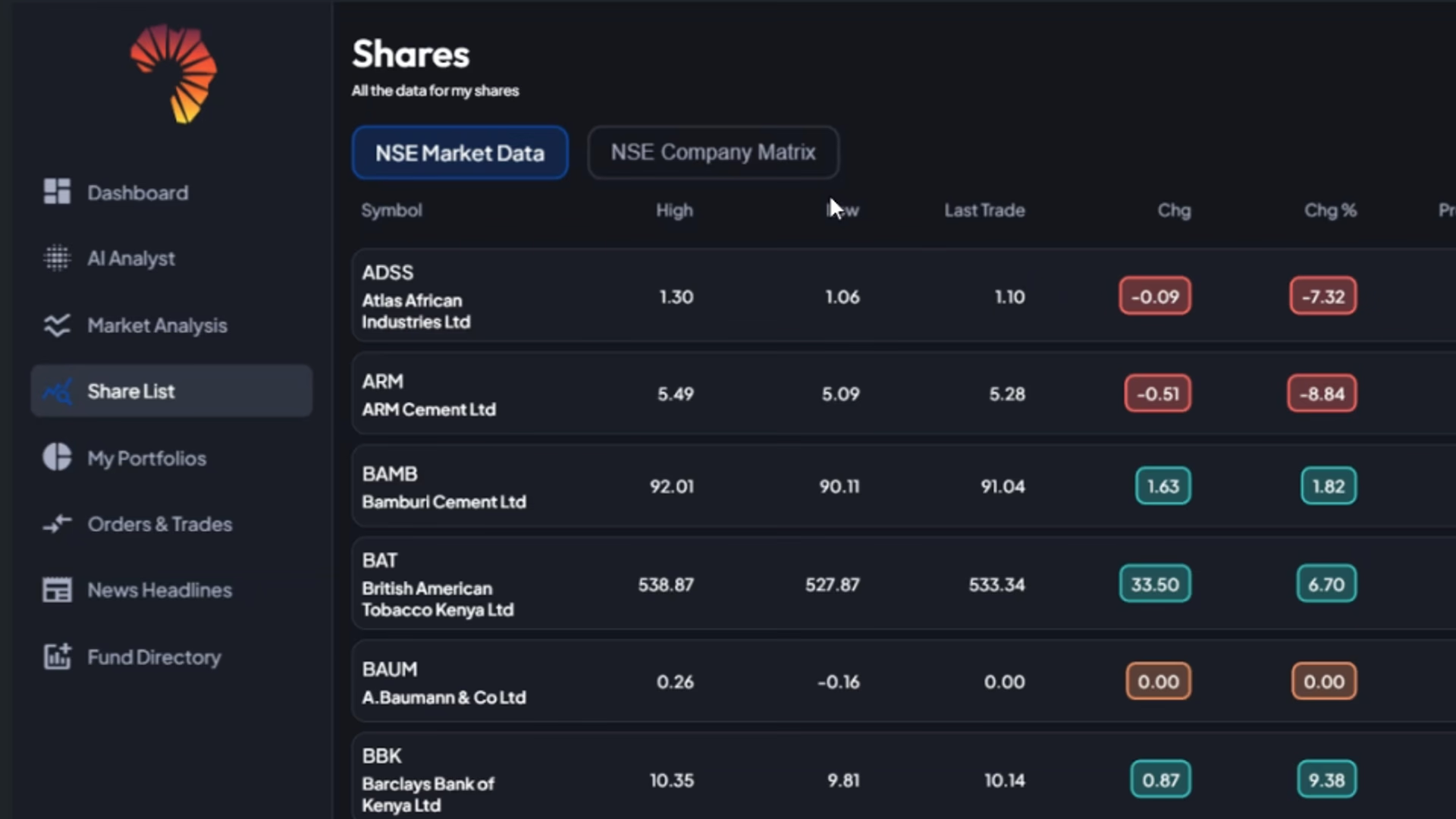NOCK( National Oil Corporation of Kenya) has clinched a deal to ship cheaper fuel products from Saudi Arabia as the Government seeks to protect consumers from rising global prices.
The first shipment is due in August in a deal that involves the state-owned NOCK and the Government-owned Saudi Aramco of Saudi Arabia.
Kenya will obtain refined fuel from Saudi Aramco at exclusively lower prices than the prevailing world crude prices.
Under this Memorandum of Understanding(MOU) arrangement, Kenya will import 30% of its monthly fuel needs from Saudi Arabia, which is expected to push down pump prices and ease the pain on hard-hit consumers.
NOCK Chief Executive Leparan ole Morintat disclosed to the local media that the MOU has already been inked with negotiating the terms and conditions of the contract marking the next phase of the negotiation.
The plan will begin a trial run this August, with a full rollout expected in October, depending on how this arrangement will affect local fuel pump prices.
Kenya, through NOCK, will have a credit period of 60-90 days to settle the bill from Saudi Aramco.
Kenya intends to use cheaper fuel supplies to build strategic reserves that will replenish the pool in the event of fuel shortages due to global disruptions.
Kenya has been grappling with high fuel prices mainly due to disruptions caused by the ongoing Russia-Ukraine conflict.
According to figures from the Petroleum Institute of East Africa(PIEA), Murban crude oil prices have elevated at an average cost of $104.3 per barrel between January and June 2022.
The highest rate was US$ 130.2 per barrel, witnessed in March 2022. The cost of Murban crude as of 6th June 2022 was US$ 119.1 per barrel.
NOCK has failed to discharge its mandate of stabilizing prices through strategic reserves
While NOCK was established to stabilize local fuel prices has been swamped by an aggressive private sector that now controls Kenya’s fuel market.
Figures from PIEA indicate that Vivo Energy controls Kenya’s fuel market (20.25%), followed by TotalEnergies (14.39%), Rubis (9.51%), Ola (5.78%), Oryx (4.9%), BE Energy (3.69%), Hass (3.01%), Galana (2.57%), Stabex (2.38%) and RH Devani (2.32%).
NOCK, on the other hand, controls a paltry 2.2% of the retail fuel market in Kenya.
These figures on Kenya’s Petroleum Market comprise the top oil retail firm in Kenya, including exports, covering the period between January-March 2022.
Apart from the Russia-Ukraine conflict that has hit global supplies, Kenya is also grappling with high prices at the pump due to the failure of the Petroleum Development Levy Stabilization Fund to access the cash promptly.
PIEA also said uncertainty due to the upcoming August polls is delaying investments. This is in addition to the strengthening US dollar that has increased the fuel import bill and impacted cash flows resulting in missed business opportunities and undermined market access.
Figures from the institute shows that Vivo Energy controls 32.9% of the fuel retail outlets followed by TotalEnergies (22.2%), Rubis (12.0%), Ola (6%), Hass (2.5%), Lexo (2.3%), GEHL (2.3%), Lakeoil (2.2%), Galana (1.9%) and NOCK (1.5%).
In 2021, NOCK had a consolidated retail outlets market share of 3.2%, the 5th largest in Kenya behind Vivo (32.3%), TotalEnergies (23.2%), Rubis (10. %) and Ola (6.9%).
NOCK, which at one time had over 100 fuel retail stations, has been forced to scale down due to inadequate funding from National Treasury and stiff competition from rich oil majors.





